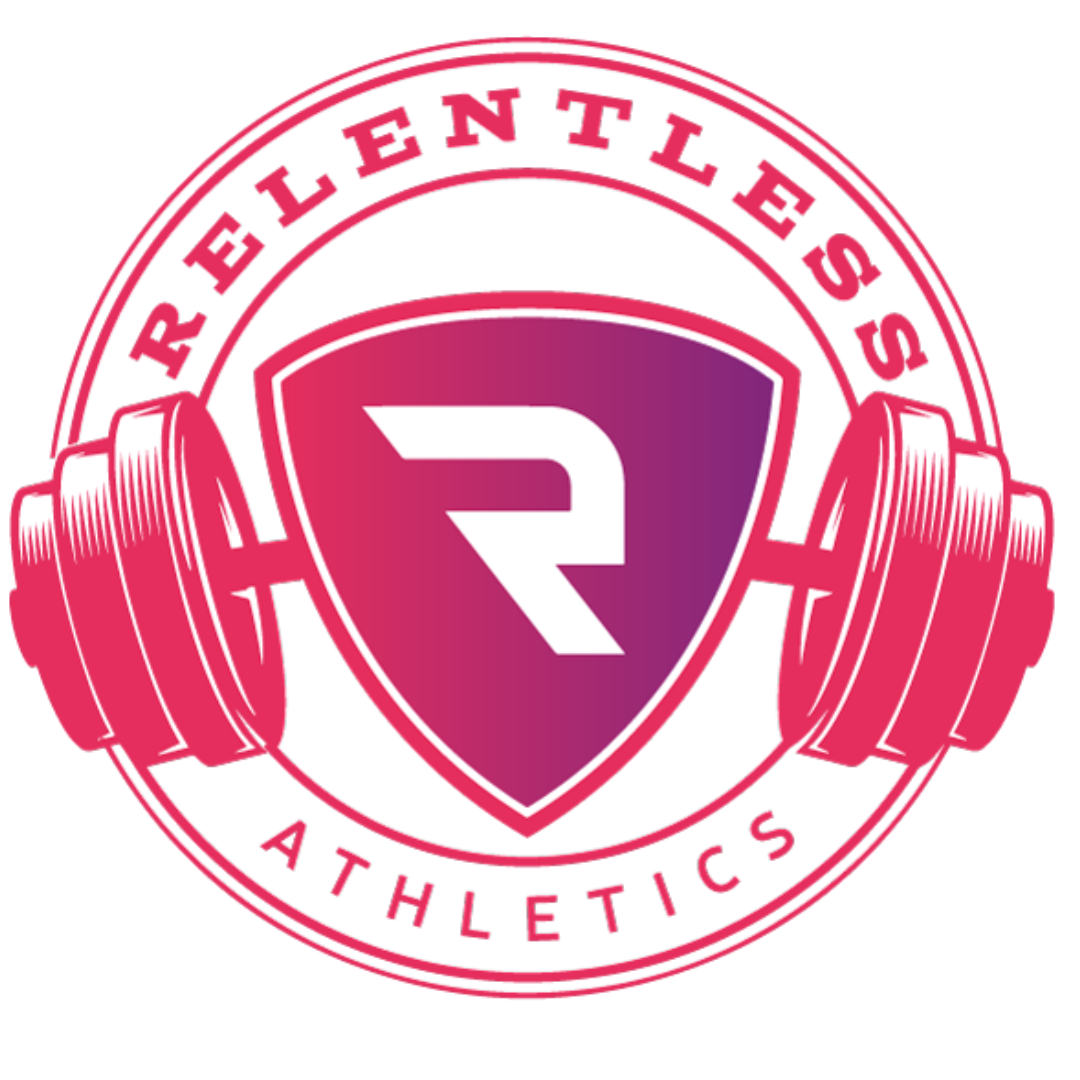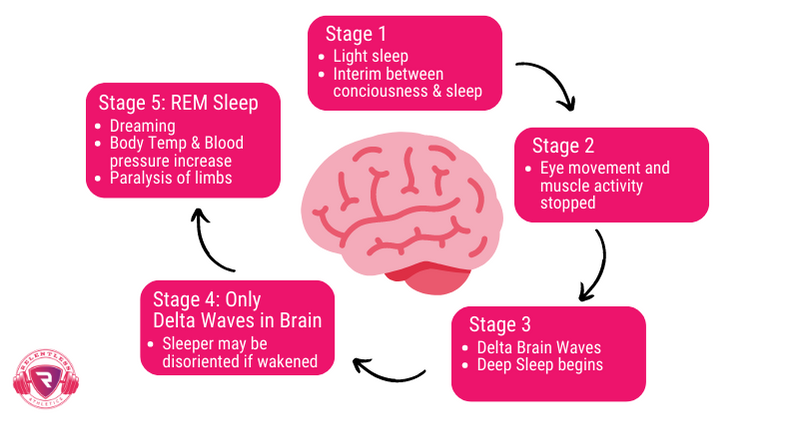How SLEEP affects sports PERFORMANCE and INCREASES the risk for sports INJURIES
By: Marilyn Vazquez
Sleep is crucial especially for athletes due to the high demands of their sport.
It is often overlooked due to the lack of knowledge athletes have on the importance of sleep for recovery needed in order to play their best out on the field.
Fatigue and lack of sleep is prevalent in many female athletes because of daily stressors. It is the easiest thing that can be put on the back burner until it takes a toll on their body.
Sleeping 4-6 hours a night is NOT enough!
Read down below as we dive into the importance of sleep and how sleep deprivation affects sports performance which increases the risk of sports injuries.
Why is sleep so important?
Sleep is ESSENTIAL for an athlete’s recovery and has been ranked as one of the most important recovery strategies for athletes! (2)
The body NEEDS time to recharge!
First, sleep plays a major role in cognitive functions done on a daily basis, such as memory and attentiveness (4).
If an athlete is tired she is not going to be able to recall the things she needs in order to perform plays in her sport and even remember the vocab word in her exam.
Additionally, sleep affects physiological functions including hormonal and signaling functions throughout the body (4).
This means that reaction times for athletes out on the field or court are going to be delayed because fatigue delays those quick decision-making tasks.
When the body enters recovery it enters stages commonly known as non-rapid eye movement (NREM) and rapid eye movement (REM) (3). NREM has three more distinct stages: N1, N2, and N3. Digging a little deeper into these stages
N1 is the beginning of the phase where an athlete transitions between being awake and falling asleep (3).
N2 is known as the light sleep stage where the athlete’s heart rate starts to slow down and the muscles in the body are able to relax (3).
N3 is our deep sleep stage in which there exist patterns known as the delta brain waves (3).
The delta waves signify brain waves of deep sleep.
This is the most necessary state for physiological recovery as well as contributing to making us feel MORE awake and attentive during the day (3). Meanwhile during the REM stage is when an athlete dreams and eye movement is rapid to where one can easily wake up (3).
Effects of sleep deprivation on sport injuries
If athletes are not getting enough sleep each night and are sleep deprived it can lead to an INCREASED risk of sports injuries!
All athletes are at risk for injury. However, there are factors and methods that can decrease the chance of getting injured. Sleep is one of the key factors!
Studies have shown that athletes who sleep less than 8 hours per night had a significant increase in getting injured compared to athletes who slept 8 hours or more (5).
As athletes with high demands in their sport, sleep is CRUCIAL as a slower reaction time due to lack of sleep can INCREASE the chances of athletes getting injured during a game or practice.
Beyond influencing mechanics, sleep deprivation also negatively affects the body’s muscles, tendons, and ligaments’ ability to RECOVER.
Running, cutting, kicking, throwing, lifting, & sprinting all create small microtears in these tissues. These tears are beneficial to the athlete as the athlete heals & recovers and increases her resistance to future tears.
If athletes are constantly working out and not taking a rest day and recovering properly they are going to increase their chances of getting injured because they are not providing those muscles and tendons the time to recover and recharge.
If athletes are sleep deprived and are always tired they are going to increase their chances of getting injured because their bodies and brain are not able to adequately recover and recharge for the next day.
In conclusion, sleep is A MUST for an athlete’s recovery in sleeping 8-10 hours per night, especially if they want to enhance their sports performance and decrease their risk for injuries!
Athletes will begin to notice that their reaction times get better and overall they will play better out on the field or court.
A result of a good night’s sleep is that athletes are stronger, quicker, and more explosive!
REFERENCES
Chen, Y., Cui, Y., Chen, S., & Wu, Z. (2017). Relationship between sleep and muscle strength among Chinese university students: a cross-sectional study. Journal of musculoskeletal & neuronal interactions, 17(4), 327–333.
Costa, J., Figueiredo, P., Nakamura, F., & Brito, J. (2022). The Importance of Sleep in Athletes. In R. Ferraz, H. P. Neiva, & D. A. A. Marinho (Eds.), Exercise Physiology. IntechOpen. https://doi.org/10.5772/intechopen.102535
Eugene, A. R., & Masiak, J. (2015). The Neuroprotective Aspects of Sleep. MEDtube science, 3(1), 35–40.
Marshall, G., Turner, A. (2016). The Importance of Sleep for Athletic Performance. Strength and Conditioning Journal. 38(1),61-67. doi: 10.1519/SSC.0000000000000189
Milewski M., Skaggs D., Bishop G., Pace J., Ibrahim D., Wren T., Barzdukas A. (2014). Chronic lack of sleep is associated with increased sports injuries in adolescent athletes. J Pediatr Orthop. 34(2):129-33. doi: 10.1097/BPO.0000000000000151.







